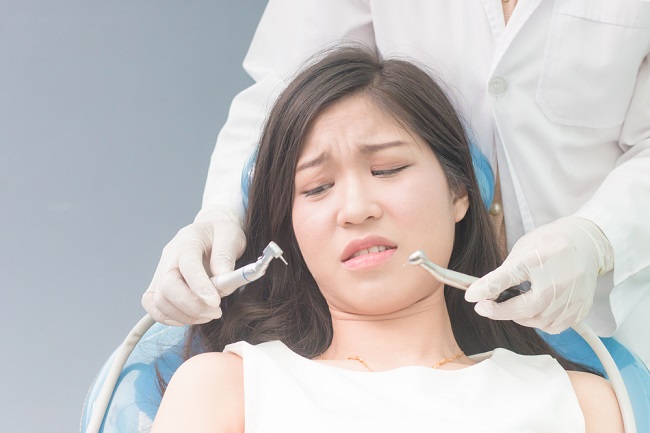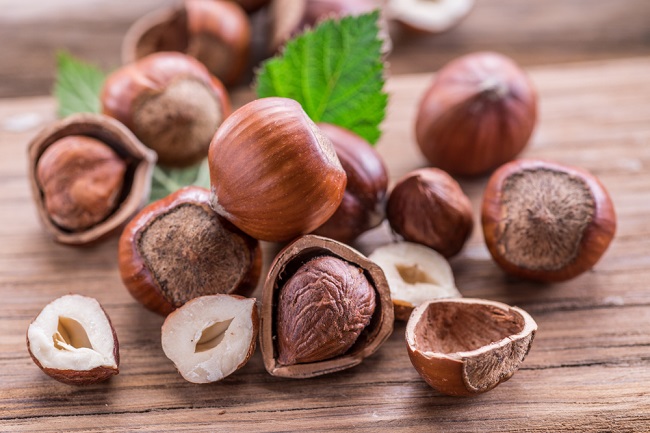Bruises or bruises generally occur when the body is hit hard by something. However, some people may experience bruising with only a minor impact or no impact at all. To better understand the causes of bruising, consider the following review!
Bruises occur when tiny blood vessels burst, allowing the blood cells in them to seep out and settle under the skin's surface. This causes the appearance of a reddish or purplish color on the skin.

Naturally, platelet cells (platelets) in the blood will work together with blood clotting factors to form clots to stop this bleeding. Then the blood cells will be reabsorbed by the body slowly and the bruise will fade.
Some Causes of Easy Bruises
Most bruises or bruising are caused by a physical injury, and will heal on their own within a few days. However, if bruising often occurs for no apparent reason or appears suddenly, it may be due to a certain disease or medical condition, such as:
1. Lack of blood clotting factors
Blood clotting factors are proteins in the blood that help platelets stop bleeding. When the body lacks clotting factors, spontaneous (unexplained) bruising and bleeding, such as bleeding gums, nosebleeds, or bruising in the joints, are very easy to occur.
Examples of diseases that can cause easy bruising due to a lack of clotting factors are hemophilia and von Willebrand's disease. Both are genetic or hereditary diseases that cause sufferers to lack certain blood clotting factors.
2. Lack of platelets or platelets
This condition can be caused by decreased production of platelets in the bone marrow due to viral infections, drug side effects, or blood cancers (leukemia and lymphoma).
In addition, platelet deficiency can also occur as a result of platelets being attacked by the body's own defense cells (autoimmune), such as in disease idiopathic thrombocytopenic purpura (ITP); or due to excessive use of platelets by the body, as in disease thrombotic thrombocytopenic purpura (TTP).
3. Liver disease
Easy bruising can be a symptom of the liver. Liver or liver is an organ that functions to produce proteins that form blood clotting factors. Liver damage from excessive alcohol consumption, infection, or cirrhosis can interfere with the production of these proteins and make bruising easier.
4. Side effects of drugs and supplements
Anticoagulant and antiplatelet drugs known as blood thinners, such as aspirin, warfarin, and clopidogrel, serves to prevent blood clots. These drugs are often used to treat stroke and heart disease. However, one of the side effects of these medications is easy bruising.
Corticosteroids, which are widely used to relieve inflammation in asthma, allergies, or eczema, can thin the skin, making it easier for a person to bruise.
Pain relievers, such as ibuprofen and celecoxib, as well as fish oil and ginkgo supplements can also make bruising easier.
5. Deficiency or deficiency of vitamins
In addition to bruising easily, a lack of vitamin K, vitamin B12, vitamin C, or folate can cause bruises to take longer to heal. Therefore, if the body is prone to bruising, it is advisable to eat more foods that contain vitamin K, vitamin C, and folate. This vitamin K deficiency tends to be more at risk for newborns. Because of this, vitamin K injections are usually given to newborns.
6. Old age
Older people have thinner skin tissue and a layer of fat under the skin, making it easier to bruise after an impact. In addition, the capillaries in the elderly are also more fragile, so they break more easily. This occurs due to reduced collagen production with age.
7. Strenuous exercise
Strenuous exercise can make the muscles of the body work extra, causing tearing or bursting of the fine blood vessels under the skin. This is especially true for people who often do weightlifting and marathons.
Not all bruises are warning signs that require special treatment. However, be careful if bruising is very frequent or is accompanied by weight loss, body swelling, and pain at the site of the bruise.
If you experience bruising or bruising, the first step you can take is to compress the bruised area with a cold compress. If the bruise is on an arm or leg, elevate the bruised area while lying down.
If the bruise doesn't heal in 2 weeks, is accompanied by bleeding in other parts of the body, or appears too often with a large size, immediately consult a doctor for examination and treatment.
Written by:
dr. Irene Cindy Sunur









